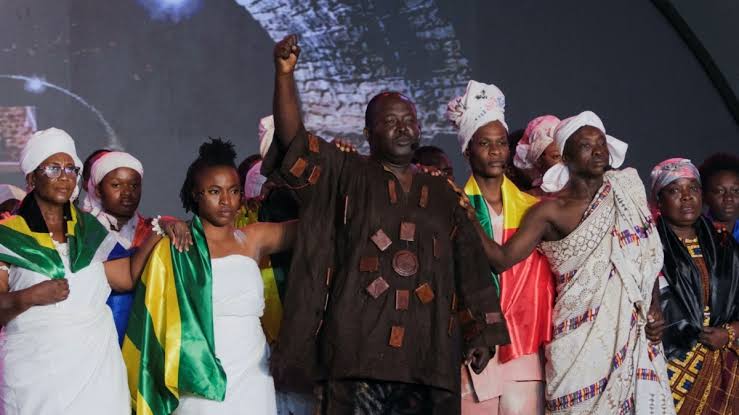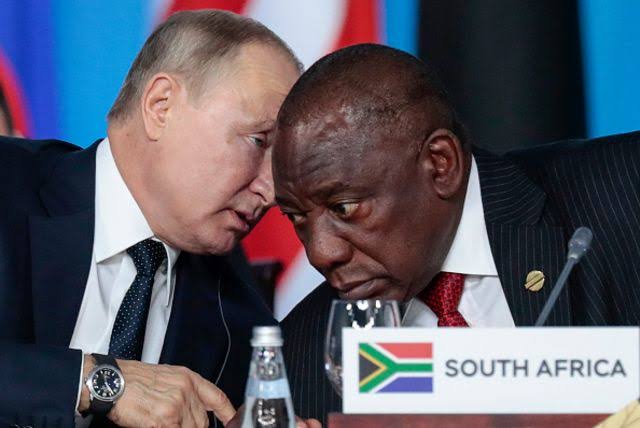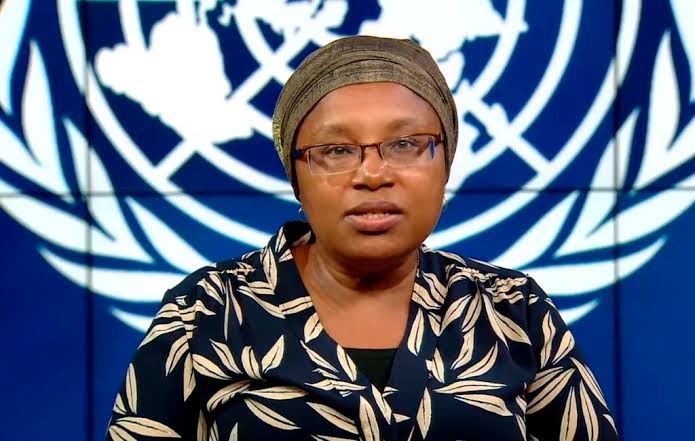
Faith Nyasuguta
In a landmark summit in Ghana, a global movement advocating for reparations for slavery has emerged.
The African Union has joined forces with Caribbean nations, forming a united front to compel European countries to address historical mass crimes.
This partnership, combining the 55-member African Union with the Caribbean Community (Caricom) comprising 20 nations, seeks to increase pressure on former slave-owning nations to participate in the reparations movement.
Additionally, the summit delegates revealed the creation of a global fund based in Africa, designed to expedite the reparations campaign.
The conclusion of the four-day summit last week saw the circulation of a draft proclamation that refrained from specifying the form reparations should take.
However, it declared the African Union’s intention to explore “litigation options” and collaborate with the United Nations to assess whether acts of enslavement against Africans constituted serious human rights violations at the time. The finalized version of this document, known as the Accra proclamation, is anticipated to be released this weekend.
Opening the conference, Ghana’s president, Nana Akufo-Addo, said: “The entire period of slavery meant that our progress, economically, culturally, and psychologically, was stifled. There are legions of stories of families who were torn apart … You cannot quantify the effects of such tragedies, but they need to be recognised.”
The “entire continent of Africa deserves a formal apology from the European nations involved in the slave trade”, he said, adding: “No amount of money can restore the damage caused by the transatlantic slave trade and its consequences. But surely, this is a matter that the world must confront and can no longer ignore.”
In July, African Union delegates initiated discussions with Caribbean nations in Barbados. Carla Barnett, Caricom’s secretary general, emphasized the crucial moment in the global reparatory justice movement, stressing the need to unite voices for reparations.
Despite a British Foreign Office representative attending as part of standard diplomatic engagement, the UK government maintains resistance to reparations. Prime Minister Rishi Sunak declined a full and meaningful apology, asserting that unpicking history is not the right path forward and not a focus of government energies.
David Cameron, the new foreign secretary, shares Sunak’s approach, expressing hope to move on from the painful legacy of slavery during his 2015 visit to Jamaica as prime minister. Positive steps have been taken in other nations.
German president Steinmeier expressed shame for colonial atrocities in Tanzania, while Germany officially acknowledged genocide in Namibia and pledged over £940m in aid. Dutch prime minister Rutte offered a formal apology for the Netherlands’ role in the slave trade.
During a Nairobi trip last month, King Charles acknowledged abhorrent acts of violence against Kenyans but refrained from a formal apology.

Delegates expressed optimism, citing positive signs of acknowledgment for reparations. Examples include Glasgow University pledging £20m to atone for its ties to the transatlantic slave trade, the Church of England committing £100m to address historical wrongs linked to enslaved people transportation, and the Heirs of Slavery movement supporting reparatory justice.
Bell Ribeiro-Addy, chair of the parliamentary group on reparations, emphasized the significance of the African Union collaborating with Caricom, calling it a substantial step forward. David Comissiong, Barbados’s ambassador to Caricom, noted the historic nature of the conference, fostering optimism in the global reparations movement.
Delegates visited Elmina Castle, a significant European slave-trading post in Ghana, where enslaved people were held before being transported to the Caribbean, Brazil, and North America. European nations forcefully took at least 12 million Africans between the 16th and 19th centuries, subjecting them to enslavement on plantations.
Caricom’s 10-point plan for reparatory justice calls for a full formal apology, debt cancellation, and investment in health and education systems by former colonial powers.
The recent Brattle report, commissioned by the University of the West Indies, estimated the UK owed £18.8tn in compensation to Caribbean islands for centuries of exploitation.
RELATED:
GUYANA’S PRESIDENT MAKES THE CASE FOR REPARATIONS 🇬🇾 🎥




